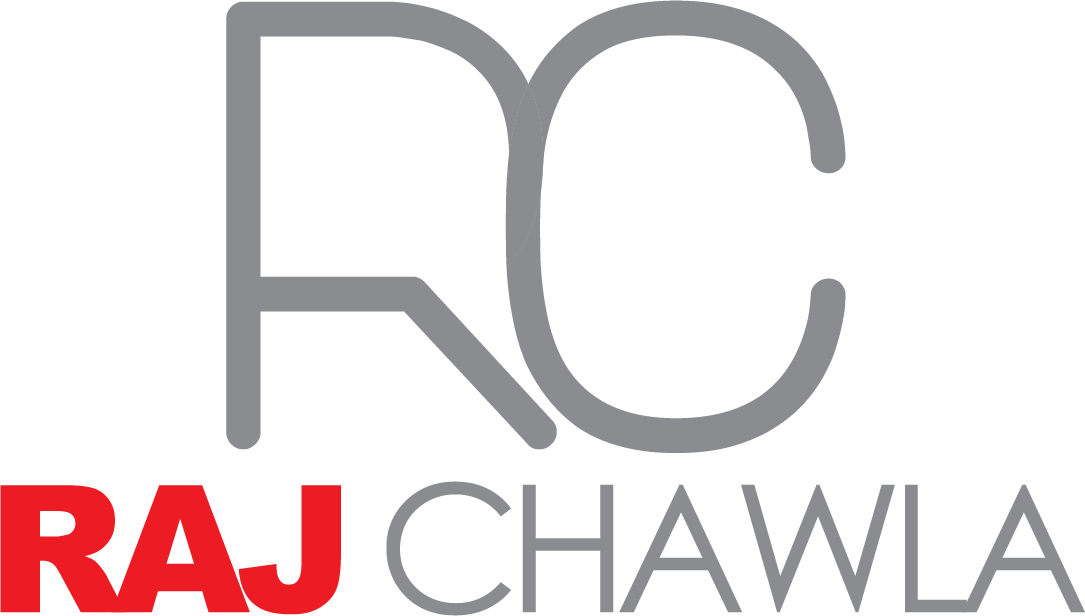Government emphasises spending to bolster economic recovery underway. IN BRIEF $106.6 billion deficit with net debt to peak at $980.6...
Read MoreWhen you sell an asset and make a profit on your initial purchase, that profit is called a capital gain, and according to the Australian Taxation Office (ATO), you may have to pay tax on it.
Superannuation funds buy and sell investments to make a profit, and are also subject to capital gains tax, but as the ATO points out, there are a couple of differences in how it works.
As the ATO explains, the capital gain on the sale of an asset is the difference between how much you bought the asset for and how much you sold it for. So, if you bought a bundle of shares for $1,000 and sold it for $1,500, then the capital gain you made would be $500. The capital gains tax would be the tax you paid on that $500 gain. There isn’t a separate set rate for capital gains tax; instead, the ATO points out that the percentage capital gains tax you pay is based on your marginal tax rate. In other words, according to the ATO, capital gains tax is actually part of your income tax rather than being a separate tax.
The ATO indicates that, just like any other taxpayer, superannuation funds are also potentially liable to pay capital gains tax for any profit made on buying and selling fund assets. This applies to all super funds. If you have a super fund, you may not see capital gains tax as a separate transaction, because investment returns are usually added to your account once the fund has done the buying and selling of assets and paid any tax due to the ATO. You’re more likely to see the effects of capital gains tax if you have a self-managed super fund (SMSF) that buys and sells assets like property or shares.
While super funds are potentially subject to capital gains tax on asset transactions, the ATO suggests the amount they pay can end up being less than you would if you bought and sold the asset outside of super.
As outlined by the ATO, the tax treatment of a super fund depends on whether an account is in accumulation phase or pension phase. The accumulation phase is what you will be in for the majority of your life, while you are working and contributing to your super. The pension phase usually starts when you retire and draw an income from your account.
According to the ATO, during the accumulation phase your super fund will typically receive a discount of one third, or 33%, on any capital gain made on the sale of an asset it holds for at least 12 months. Because the ATO notes the tax rate for super funds is generally a flat 15%, the discount means the super fund will effectively pay a tax rate of 10% on the gain. While the ATO points out that an individual can potentially apply a 50% discount to capital gains where an asset is owned for at least 12 months, because most people have a higher marginal tax rate than the 15% super fund rate, you could end up paying more capital gains tax if you owned the asset yourself compared to within a super fund.
Government emphasises spending to bolster economic recovery underway. IN BRIEF $106.6 billion deficit with net debt to peak at $980.6...
Read MoreRegardless of how far off retirement is for you, it could be beneficial to regularly check that your finances are...
Read MoreThe amount of superannuation you should have is a culmination of the contributions made into your super account, fees deducted...
Read More